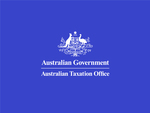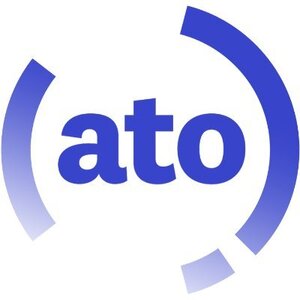What is a super co-contribution
If you're a low or middle-income earner and make personal non-concessional (after-tax) contributions to your super fund, the government may also make a co-contribution up to a maximum of $500.
The government co-contribution you receive depends on your income and how much you contribute.
You don't need to apply for the super co-contribution. When you lodge your tax return, we will work out if you're eligible. If your super fund has your tax file number (TFN), we will pay it to your super account automatically.
The preservation rules applying to your current super entitlements also apply to the co-contribution.
Eligibility
To be eligible for the super co-contribution you must:
- have made one or more personal non-concessional super contributions to your complying super fund during the financial year
- pass the two income tests (income threshold and 10% eligible income tests)
- be less than 71 years old at the end of the financial year
- not hold a temporary visa at any time during the financial year (unless you're a New Zealand citizen or it was a prescribed visa under [subsection 20AA(2)] of the Superannuation (Unclaimed Money and Lost Members) Act 1999
- have lodged your tax return for the relevant financial year
- have a total superannuation balance less than the general transfer balance cap at the end of 30 June of the previous financial year
- not have contributed more than your non-concessional contributions cap.
To receive the co-contribution, your total income must be less than the higher income threshold for that financial year.
Your total income
For the purpose of this test, your total income for the financial year is:
- the total of your
- assessable income
- reportable fringe benefits total
- reportable employer super contributions reduced (but not below zero) by any excess concessional contributions
- minus your
- assessable first home super saver released amount (if any)
- allowable business deductions (relevant to businesses only).
I got confused with the complex rules for eligibility but more clear on the below post
https://au.finance.yahoo.com/news/2-weeks-left-for-aussies-t…
You can estimate how much you may receive as a co-contribution from the government using various calculators found online.


Anyone earning that low, really isn't going to have a spare $1K sitting around to throw in their super.